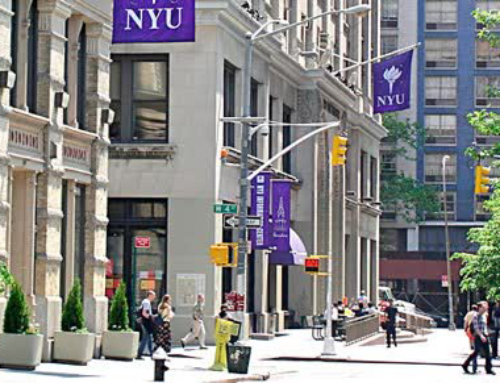A recent report by ETS, the company responsible for the GRE, shows that in 2012-13, a record number of candidates took the GRE, and that 10% of MBA candidates chose the GRE over the GMAT.
In addition, the testing period between 7/1/13 and 1/31/14 showed an increase of 38% from the same time period the year before in terms of candidates who chose the GRE.
This increase relates to the fact that more MBA programs are willing to accept the GRE as an alternative to the GMAT, and that the exam allows candidates more flexibility than the GMAT – a candidate can take the test more than once and choose which grade to send to schools. During the GRE, test takers can skip questions, return to others, change their responses, etc. Price also plays a role – the GRE costs only $195 as opposed to the GMAT that costs $250.
A possible additional advantage of the GRE is that MBA programs are less wary of accepting candidates with low GREs, while candidates with low GMATs can hurt the program’s position in top rankings. For example, the average GRE score for candidates who were accepted to Yale stands at 160 verbal and 162 quantitative and 4.7 for analytic writing. This score is equivalent to about 660 for the GMAT, while the average GMAT score for those accepted to the program is 714.
The MBA programs reported an increase of 10%-30% in the number of candidates applying with GRE scores. Yale reported that 21% of last year’s MBA candidates applied with GRE scores as opposed to 18% two years ago, while at Columbia 5% applied with GRE scores as opposed to 2% the previous year.
Incidentally, the most significant increase was recorded in India, where the number of GRE test-takers in 2013 grew by 68% since 2012, while the U.S. showed an increase of 5.3% alone.
Put Me in Business (applying in less than a year)
Put Me in Business (applying in more than a year)



Leave A Comment